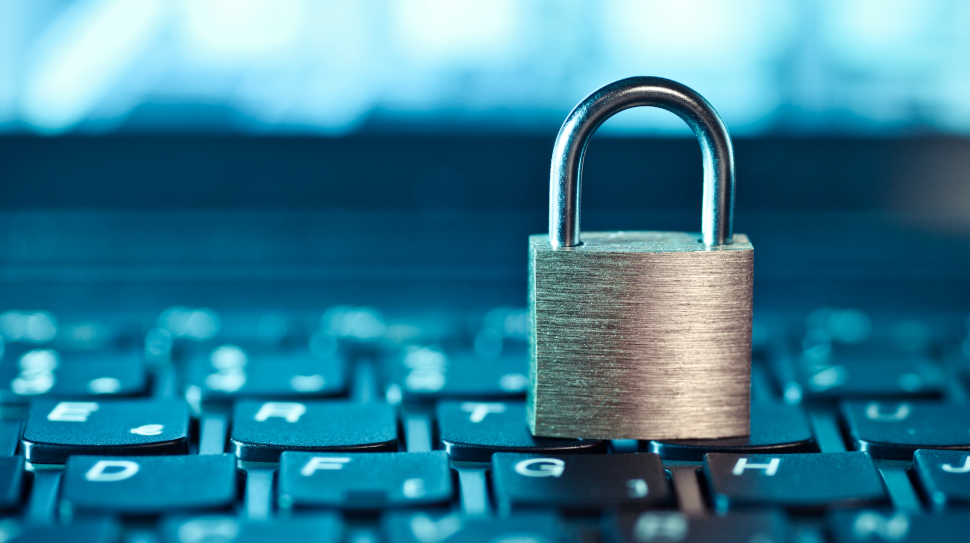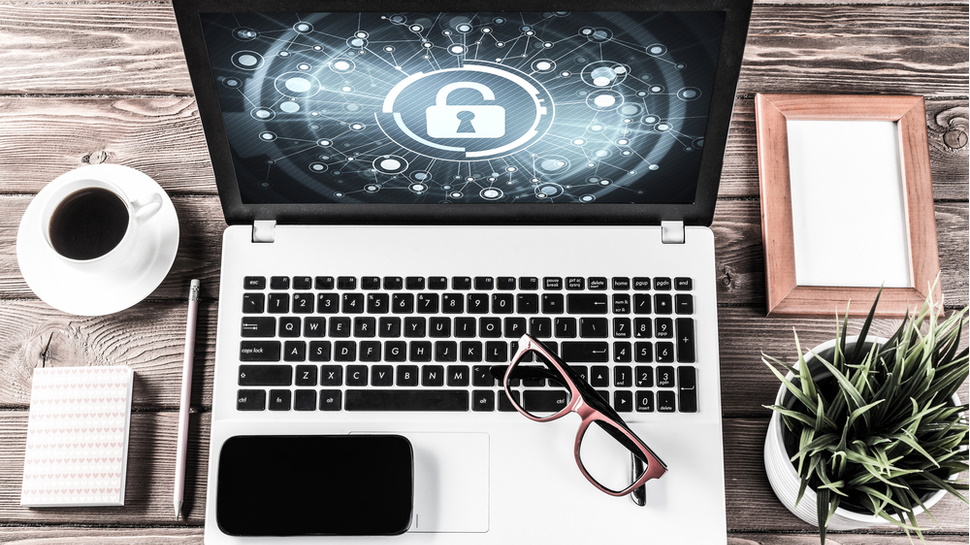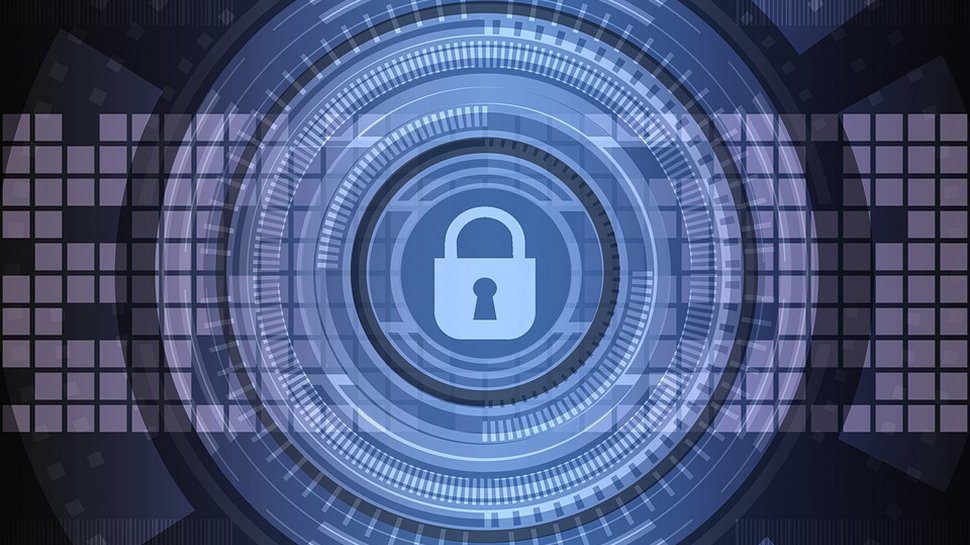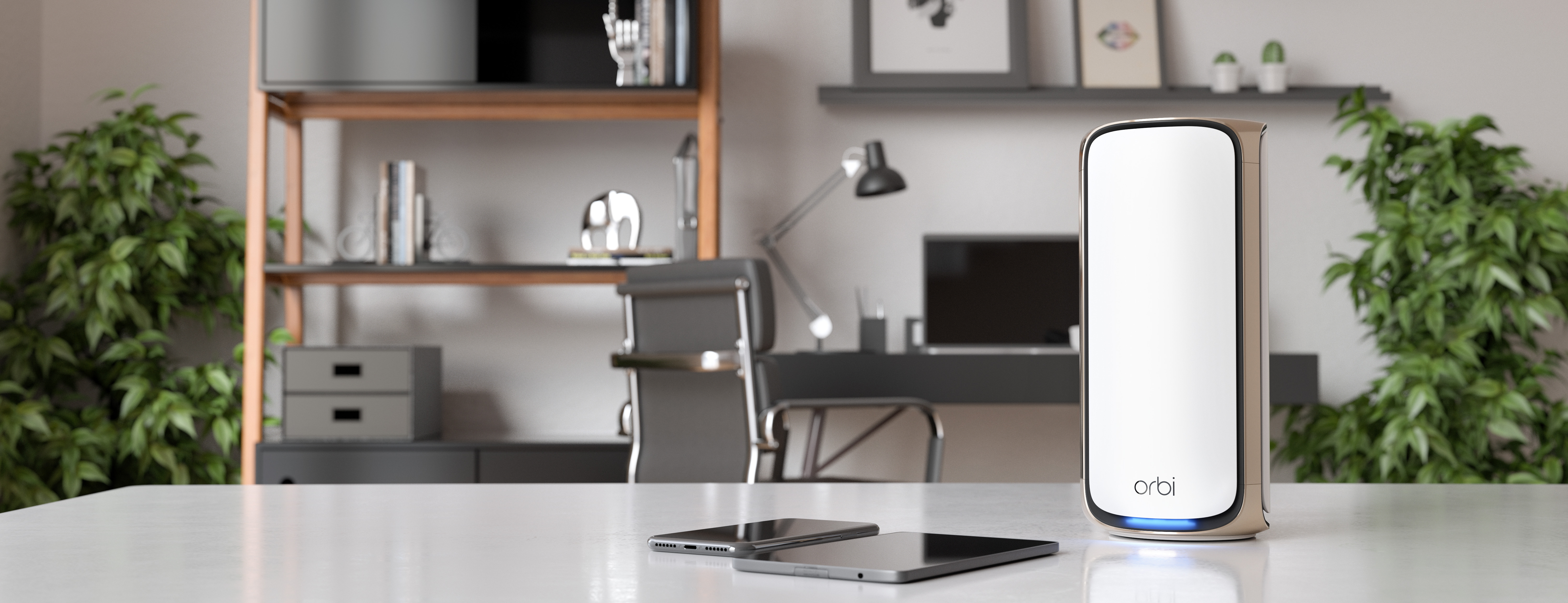
If you just bought a new PC or want to ensure the one you have is safe, you need to take steps to enhance its security.
Cybercriminals are constantly finding new ways of infiltrating systems and stealing data from unsuspecting users, whether by using viruses and malware to deploying phishing scams and social engineering tactics to steal your login credentials.
In most cases, they disguise themselves in a way that looks harmless, and in no time at all, you can find yourself hacked.
Countless people have fallen victim to such attacks, but by educating yourself on appropriate safety measures, you don’t become one of them.
Use strong and unique passwords

You wouldn't leave your door unlocked when you're away, sp you shouldn’t leave your computer without a password.
Ensure you have set one for your PC, and it should be strong enough that if you leave it somewhere unattended, someone won't be able to access your data.
The password should also be difficult to guess, and avoid using details like your name, date of birth, or common patterns like 1234 or password. Also, consider password-protecting folders on your PC that you don’t want anyone to access. You can use encryption software, or built-in tools like Windows BitLocker.
In addition to that, all your online accounts, including email accounts, should have a strong password, but you should not reuse passwords across different platforms.
If one is compromised, you risk having all the other accounts being hacked too. You should make each password unique, at least 12 characters long and it should be complex. If you find it hard to come up with a strong password on your own, you can use password generators which create strong passwords that are difficult for hackers to guess or crack.
You should also consider using a password manager to make it easier for you to remember them each time you want to log in.
For the websites or accounts that offer two-factor authentication, like Gmail, make sure you enable it. They will require you to provide an additional form of verification, like a code sent to your phone or email when you try to log in from a new device or if it's not recognized.
Even if hackers guess or crack the password, they won’t gain access to the account without this code.
Use reliable antivirus software and keep your software updated

Antivirus tools are an essential security measure, but the best antivirus software offers real-time protection against a wide range of threats. We've evaluated many different options based on their performance, key features, and compatibility with different operating systems, and you can be sure you will get the best choice for your PC.
In addition to installing antivirus software, you should also ensure you keep your software up to date.
Software vendors usually release updates to fix security vulnerabilities in their products that hackers can exploit. Some of these updates can include improvements to existing security features or even new defenses against emerging threats.
So, if you don’t update them, you won't get this added layer of protection for your system.
Be careful of the websites you visit and the links you click

When browsing the web, you have to be cautious about the websites you visit, and especially the links you click.
Many bad actors out there create fake websites that look legitimate but are designed to steal your personal information or even infect the computer with viruses.
Always check and verify it’s the site you want to visit and ensure it uses “https://,” indicating it’s secure to enter your credentials.
We all enjoy free things, and sometimes you can be tempted to download software from pirated sites instead of buying them.
But this behavior can also pose significant risks to your computer as pirated software or the websites themselves can have hidden viruses or ransomware that can compromise the security of your computer, enabling hackers to steal personal information, track your activities, or even lock you out of your computer unless you pay money to unlock it (with no guarantee they will actually do so once you've paid).
Also, when you receive a link in an email or any attachment, avoid clicking on it or downloading the file unless you are sure it is legitimate. Hackers can include links in otherwise normal looking emails, which, when clicked, lead to a fraudulent website that are designed to mimic legitimate ones, allowing hackers to capture your credentials or other personal details.
These kinds of viruses can also be embedded in documents, pictures, or other attachments in emails, and when you download them, they will deploy immediately and infect your machine, so only download files you trust.
Set up a Firewall

A firewall acts as a digital barrier between your computer and potential threats by controling the traffic that enters and exits, blocking any malware or hacking attempts.
They analyze the network traffic and determine which should be allowed to pass based on specific predefined security rules. Most PCs come with built-in firewalls, like Windows Defender for Windows and Mac Firewall for macOS, and these can be effective, but they may not provide all the features or customization options that you need.
Third-party tools are often the best firewall software for protecting your PC online, though Microsoft recommends leaving Windows Defender on even with other third-party firewalls running.
Secure your Wi-Fi network

Hackers can exploit unsecured networks to gain access to your computer and personal information or intercept the data transmitted over the connection.
As such, you should always secure your Wi-Fi by changing your router's default username and password to strong and unique details. Also, use some variant of WPA like WPA2, or the latest WPA3 encryption standard, if your router supports it.
They introduce stronger encryption methods to protect against brute-force attacks and other common threats.
You should also avoid using public Wi-Fi whenever possible as they are often unsecured and can expose your information to hackers.
If you must use an unsecured connection, you should use the best VPN possible. When you connect through a VPN, all the data you send and receive is encrypted, and even if a hacker gains access to the network, they will not be able to read your data.
There are always risks to going online, even if you do everything right
The strategies laid out above are the main ways to improve the security of your PC and protect your sensitive data, and if you follow them, you will significantly reduce the risk of being a victim of cyberattacks.
However, if your PC has already been compromised, you need to act quickly and disconnect from the internet to prevent further spread of malware or theft of your data.
Afterwards, do a full system scan using a trusted antivirus tool and change your passwords, especially for sensitive accounts if you still have access to them.







